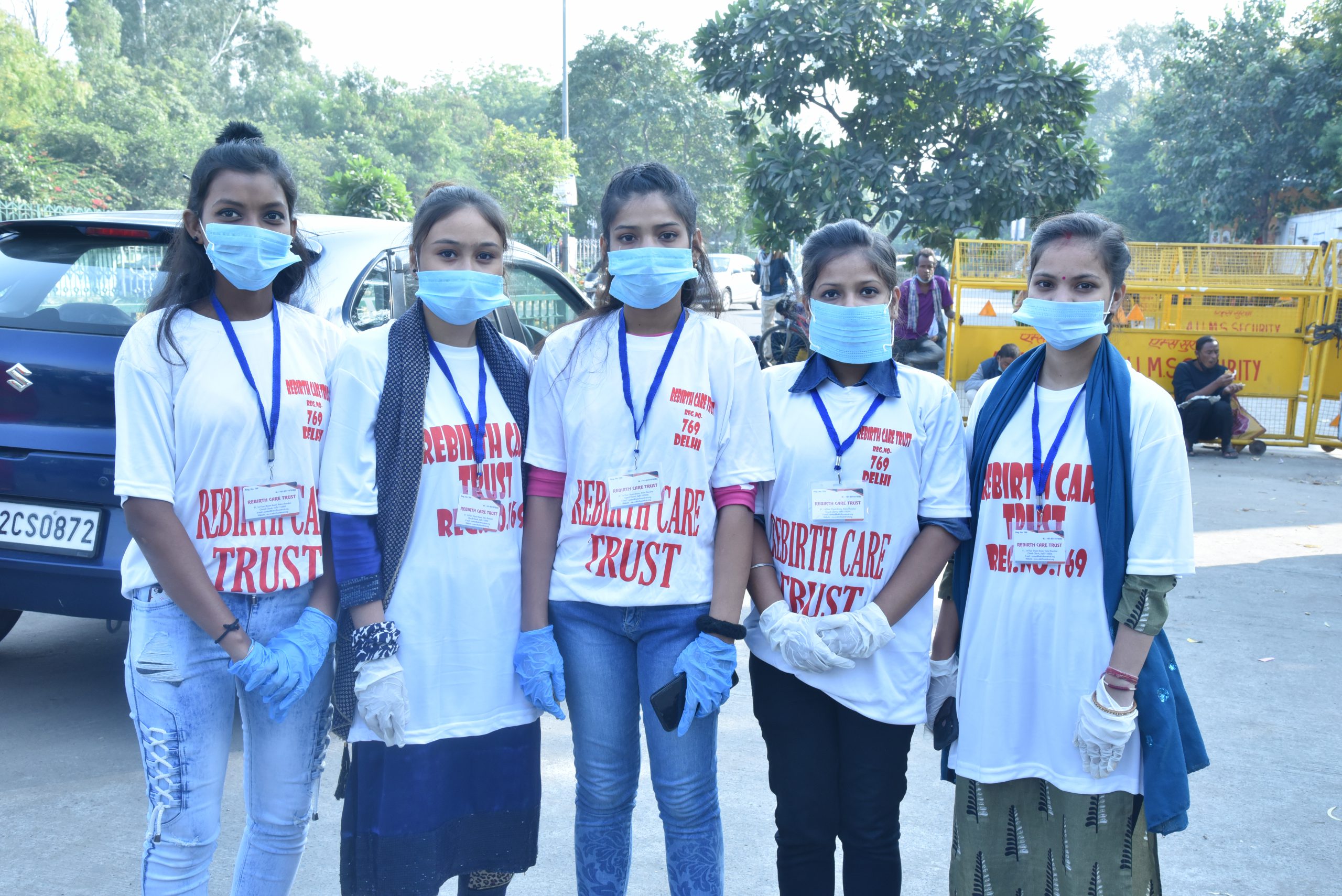Why Do We Need More NGOS For Better Life Of Poor and Kids?
Money move programs have additionally added to a critical increment in the usage of pre-and post-natal wellbeing visits and in a decrease in the extent of locally situated births, in this way upgrading maternal and youngster wellbeing.
All the more by and large, such projects have been appeared to build the use of wellbeing administrations, again adding to enhancements in kids’ wellbeing. Donate for child education, both restrictive and non-contingent, have additionally added to huge increments in youngsters’ enrolment and participation at school in various pieces of the world, just as, despite the fact that with less indisputable proof, upgrades in instruction results (for example extra long periods of tutoring, sway on compensation).
Through these different channels, social assurance benefits add to improving youngsters’ current and future prosperity, and their capacity to take advantage of monetary and social lucky breaks in later life. Kid and family benefits, along with different types of advantages and administrations, are likewise significant methods for reacting to the extraordinary needs of youngsters with handicaps, vagrants and weak kids, kids influenced by savagery and misuse, and other distraught kids.
A non-administrative association (NGO) is an association that is neither an aspect of a legislature nor a traditional revenue-driven business. Typically set up by normal residents, NGOs might be supported by governments, establishments, organizations, or private people. The presence of Child care NGO in Delhi is ending up being a need as opposed to an extravagance in social orders all through the advanced world. I accept that the failure of the administration alone to make just and maintainable social orders is influentially shown from the beginning of time.

I accept that NGOs have three essential parts in propelling present-day social orders. To start with, NGOs can encourage correspondence upward from individuals to the administration and descending from the legislature to the individuals.
Correspondence upward includes illuminating government about what neighborhood individuals are thinking, doing, and feeling while correspondence descending includes educating nearby individuals about what the legislature is arranging and doing… Also, NGOs give chance to the self-association of society. NGO for financial support in Delhi empowers residents to cooperate deliberately to advance social qualities and community objectives, which are imperative to them.
They advance neighborhood activity and critical thinking. Through their work in a wide cluster of fields – climate, wellbeing, destitution easing, culture, and human expressions, instruction, and so forth – NGO for child education in Delhi mirror the variety of society itself. They additionally help the general public by enabling residents and advancing change at the “grassroots”. Thirdly, at times, NGOs become spokespersons for poor people and endeavor to impact government arrangements and projects for their sake. This might be done through an assortment of means extending from crusading and pilot tasks to interest in open gatherings and the definition of government strategy and plans. Accordingly, NGOs assume functions from advocates for the poor to implementers of government programs; from fomenters and pundits to accomplices and consultants; from backers of pilot activities to go-betweens.
NGOs have a more clear connection to a managing reason, everyone’s benefit. They really assume up the liability of satisfying good and social needs that should be taken by the legislature. All things considered, there’s more bliss in giving than accepting; NGOs really encapsulate this idea.

